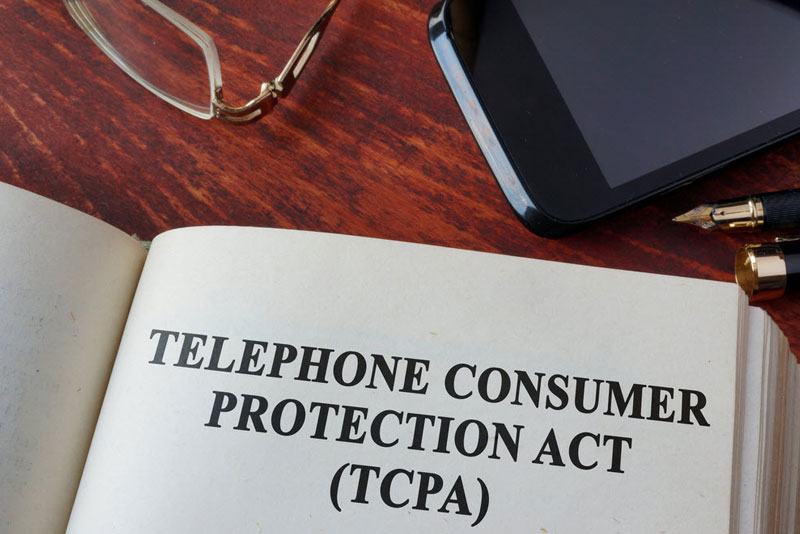In a strange turn of events, the Court denied the striking down of the Telephone Consumer Protection Act. The Court vehemently ruled on the appeal in the case of Barr v. American Association of Political Consultants. It did not see significant striking down of the TCPA and did not put weight on the allegation that it was a violation of the freedom of speech, and thus, unconstitutional.
Instead, it finally put an end to the special exemption for government debt collection calls which include among others, automated calls to collect on government-backed student loans and mortgages. This type of calls would once again require consent beforehand as they are categorized to be under normal wireless calling restrictions for non-marketing calls. In the same vein, the Court found merit that the government exemption is an act of bad faith as it favors government calls over political and other matters.
Reaffirming the TCPA in a wider scope, the Court stipulates with a reminder on how unpopular robocalls are: “Americans passionately disagree about many things. But they are largely united in their disdain for robocalls.” The TCPA maintains its firmer stand despite the disbelief implicated upon it, particularly, that it helps lower the number of calls from actual scammers.
Moving forward, we have to bear in mind that unless the calls we make are on behalf of the government, our TCPA obligations are in its status quo.



